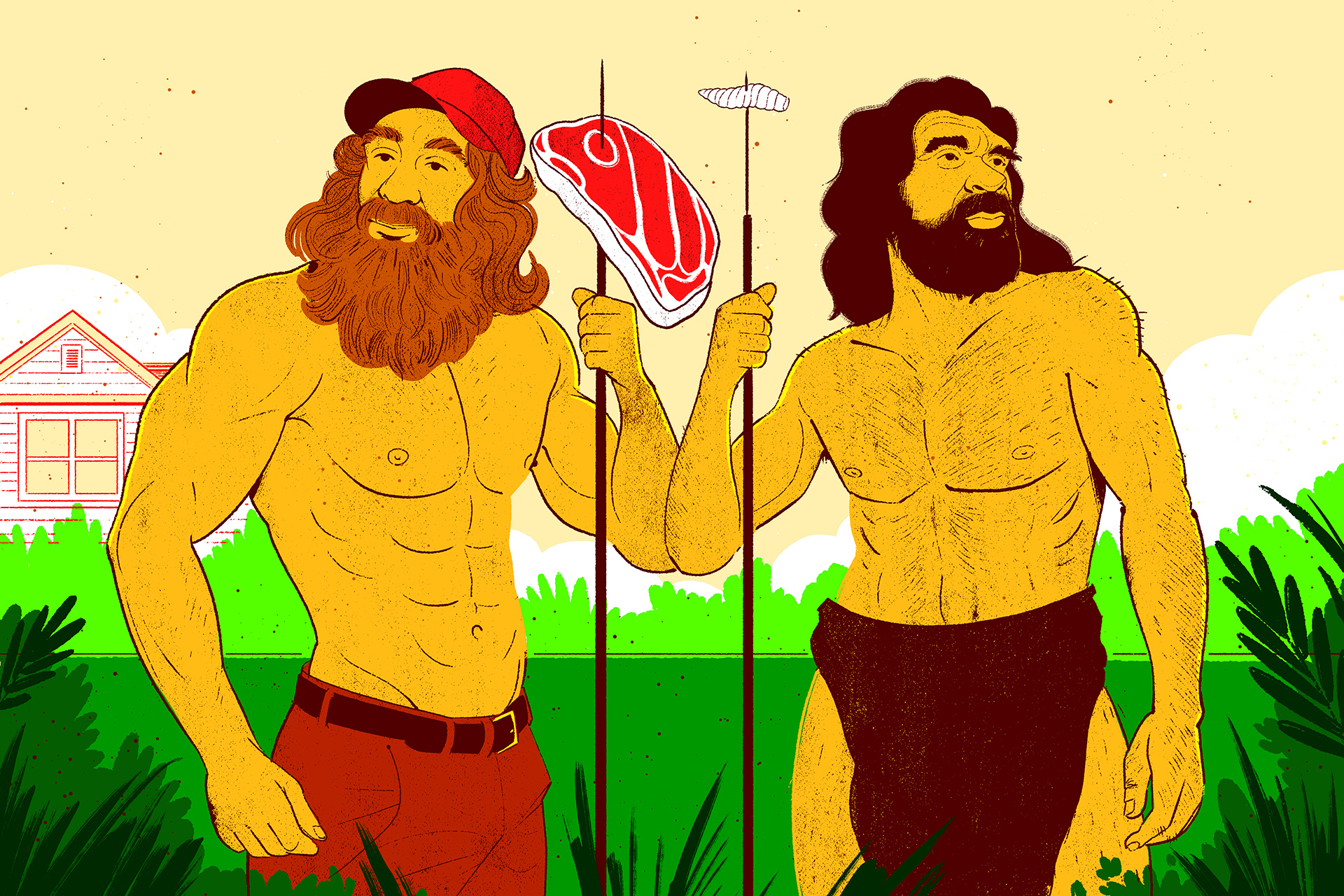Meat, Myths, and Manhood: The Politics of Your Plate
In an era defined by political polarization, even the contents of our dinner plates have become battlegrounds. A peculiar narrative has taken root within certain corners of the right-wing spectrum: a belief that shadowy “globalist elites” are plotting to strip meat from our diets, replacing it with…insects. This claim, amplified by figures like Tucker Carlson, Jordan Peterson, and Mike Cernovich, has spread like wildfire across social media and even seeped into the rhetoric of major conservative political parties worldwide. But what’s behind this strange food fight?
The Carnivore Caveman: A Selective History
The narrative often hinges on a romanticized vision of our Paleolithic ancestors. The story goes that these “carnivore cavemen” thrived on protein-rich diets of freshly hunted game, a stark contrast to the processed foods allegedly pushed by modern elites. Florida Governor Ron DeSantis, for example, tapped into this sentiment when he banned cultivated meat in his state, seemingly appealing to this primal vision of sustenance.
However, this image is a highly selective interpretation of history. While early humans certainly consumed meat, their diets were far more diverse and dependent on their geographical location and available resources. Archaeological evidence suggests that plant-based foods played a significant role in their diets, contributing essential vitamins and nutrients. The idea of a purely carnivorous Paleolithic diet is a distortion, conveniently ignoring the complexities of human evolution and dietary adaptation.
Beyond Food: Power, Identity, and Control
The “meat vs. bugs” debate transcends mere nutritional preferences. It taps into deeper anxieties about cultural change, societal control, and even masculinity. The promotion of meat-heavy diets is often intertwined with narratives of strength, virility, and a return to traditional values. Conversely, the demonization of alternative protein sources like insects becomes a symbol of a perceived assault on these values.
This politicization of food is not new, but the internet and social media have amplified its reach and intensity. What was once fringe rhetoric can now rapidly spread through online communities, reinforcing existing biases and fueling further polarization. The manufactured outrage over insect-eating serves as a potent tool for mobilizing political support and reinforcing a specific worldview.
Conclusion: Dissecting the Discourse
The tale of the carnivorous caveman and the insect-eating elite is ultimately a myth—a carefully constructed narrative that exploits fears and taps into pre-existing cultural anxieties. As consumers and citizens, it’s crucial to critically examine the information we consume and recognize when food choices are being weaponized for political gain. The next time you hear about the “globalist plot” to take away your meat, consider the source, the underlying motivations, and the complex history of human diets. Your dinner plate may be more political than you think.
Based on materials: Vox





